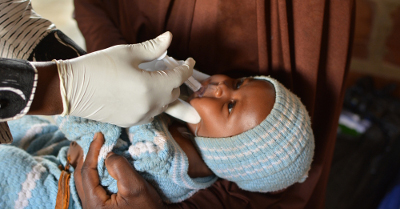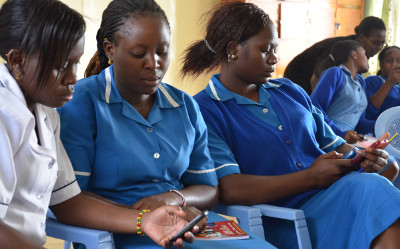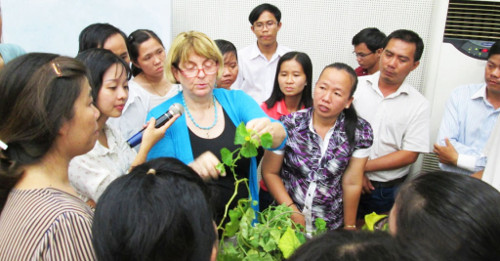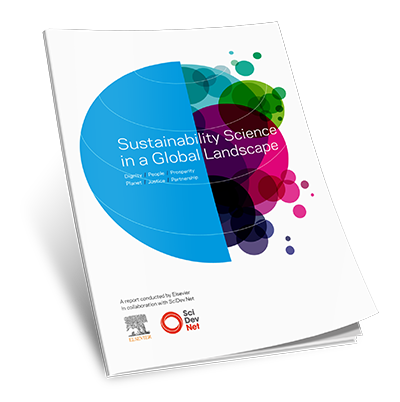Capacity building represents a fundamental approach in the implementation and achievement of the Sustainable Development Goals (SDGs), a set of global objectives adopted by the United Nations in 2015 aimed at addressing various global challenges. The concept of capacity-building revolves around enhancing the skills, abilities, processes, and resources of individuals, communities, and institutions, enabling them to tackle a wide array of issues more effectively.
One of the most direct mentions of capacity building in the SDGs is found in Goal 17, which focuses on strengthening global partnerships to support sustainable development. Specifically, target 17.9 of this goal emphasizes the need for international support in building capacities in developing countries. This is essential for these countries to not only participate in, but also contribute meaningfully to, the global sustainable development agenda.
However, the significance of capacity building extends far beyond SDG 17. It plays a pivotal role in virtually all the other goals due to its cross-cutting nature. For instance, in SDG 4, which aims to ensure inclusive and equitable quality education, capacity building is crucial for empowering educators and learners. By enhancing teaching methodologies and learning environments, and providing access to necessary resources and training, capacity building directly contributes to improving the quality of education.
In the context of SDG 8, which focuses on promoting sustained, inclusive, and sustainable economic growth, capacity building is key in equipping the workforce with the necessary skills. This includes vocational training, digital literacy, and entrepreneurship skills, which are vital in the rapidly changing labor market. Such capacity enhancement leads to better job opportunities, increased productivity, and economic growth, particularly in developing economies.
Similarly, for SDG 13, which is centered on taking urgent action to combat climate change and its impacts, capacity building is indispensable. Developing technical skills and knowledge, particularly in the area of environmental management, renewable energy technologies, and climate resilience, is crucial for both mitigating climate change and adapting to its inevitable impacts. This involves training individuals and communities, as well as strengthening institutional capabilities to develop and implement effective climate strategies.
Moreover, capacity building is instrumental in achieving other SDGs, such as SDG 1 (No Poverty), SDG 3 (Good Health and Well-being), and SDG 5 (Gender Equality). By empowering communities with the skills and resources they need, capacity building fosters self-reliance and enables people to address the root causes of poverty, improve health outcomes, and promote gender equality and women's empowerment.
Capacity building is not just an isolated objective within the SDGs but a fundamental strategy that underpins the entire framework. Its holistic approach ensures that efforts in one area support and reinforce progress in others, creating a more integrated and effective path towards sustainable development. It requires a concerted effort from various stakeholders, including governments, international organizations, the private sector, civil society, and local communities, to share knowledge, expertise, and resources. This collaborative approach is essential for building capacities that are sustainable, context-specific, and aligned with the diverse needs and challenges faced by different countries and communities.





